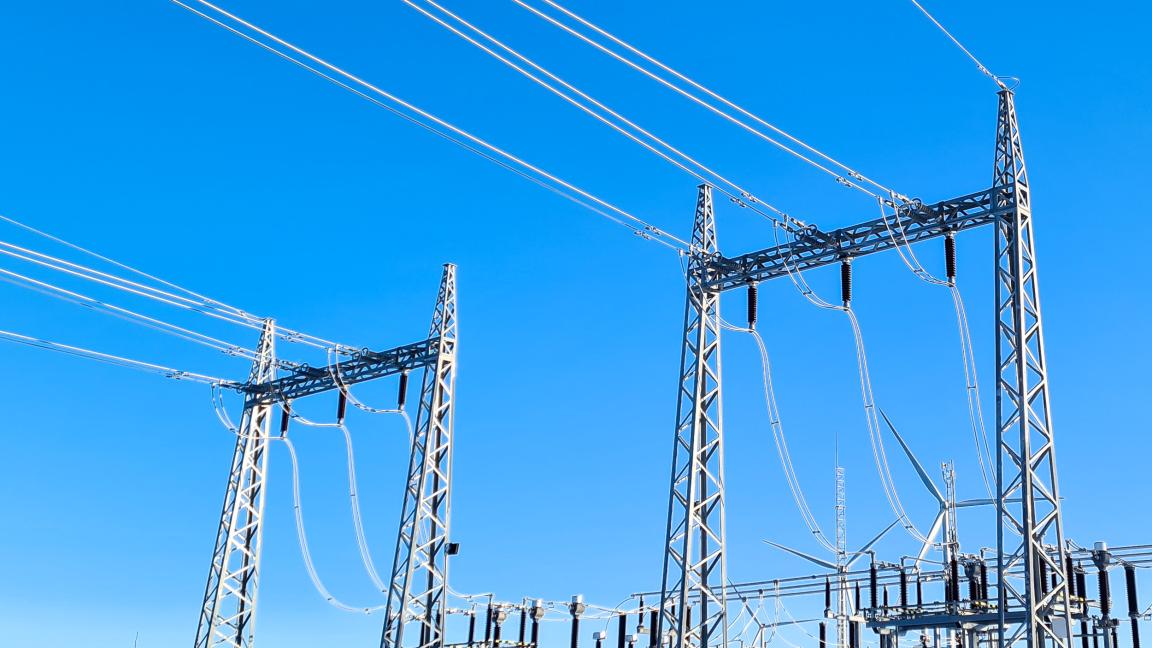Finland's energy system is being developed towards carbon neutrality both by abandoning the energy use of peat and by integrating renewable forms of energy into the smart energy system. It is also seen important to improve regional energy self-sufficiency, security of energy supply and the resilience of the electricity grid. However, adopting these changes is not simple and requires the development of a regional energy system based on reliable information on the characteristics of the region and the active participation of key stakeholders and actors in the development work.
The PEAK project explores development opportunities comprehensively from a technical, communal and business perspective. The technical analysis focuses on regional renewable energy potential, grid characteristics, such as capacity and flexibility for connecting renewables to the grid, and techno-economic calculations. The community review focuses on the attitudes and views of experts, decision-makers and citizens on the introduction of renewable forms of energy and energy self-sufficiency. In addition, regional actors are encouraged to participate in the development work. In terms of business analysis, the focus will be on business models that support the development of the energy system. The project will be implemented in the area of the electricity distribution network owned by Esse Elektro-Kraft, which in addition to Pedersöre covers the areas of Kauhava, Kortesjärvi, Alahärmä, Jeussen in Kruunupyy and Markby in Nykarleyby.
"To achieve a carbon-neutral energy system by 2050 in the EU, extensive electrification and energy efficiency improvements are essential across all sectors. This involves massive use of renewables for electricity, electrifying heating, cooling, and transport, and developing Smart Grids and storage technologies. A circular approach to energy systems, promoting collaborative business models, is crucial for future profitability. Project PEAK aims to unite stakeholders and, together with Esse Elektro-Kraft, take the first steps toward building an integrated energy system," says Suvi Karirinne, director of the Vaasa Energy Business Innovation Centre (VEBIC) at the University of Vaasa.
The project’s broad review will increase interaction between actors and create a strong foundation for promoting and implementing new developments, which are expected to significantly accelerate positive changes in the region's energy system. The expected long-term impacts of the project include a reduction in CO2 emissions, a gradual decarbonisation of the energy system, a positive change in attitudes and a growing interest in participating in the development of the regional energy system. In addition, the energy system and electricity grid are expected to become smarter so that it enables greater renewable energy capacity and cooperation between different actors in energy production.
"Local development is the core of our operations and Agenda 2030’s sustainable development goals guide it. That is why we are also involved in this project to promote, among other things, the villages' own energy production and other smart solutions," says Mathias Högbacka, executive director of Aktion Österbotten.
The project PEAK – Development of the regional energy system in Ostrobothnia is co-funded by the European Union and coordinated by the University of Vaasa's research and innovation platform VEBIC. The project partner is Aktion Österbotten. The project is also funded by Esse Elektro-Kraft Ab, University of Vaasa and Aktion Österbotten. The project started in May 2024 and will last for two years.
Further information
Karita Luokkanen-Rabetino
Research Programme Manager, VEBIC, University of Vaasa
karita.luokkanen-rabetino@uwasa.fi, +358 29 449 8183
Giovanna Pinilla De La Cruz
Project Researcher, VEBIC, University of Vaasa
giovanna.pinilla@uwasa.fi, +358 29 449 8126
